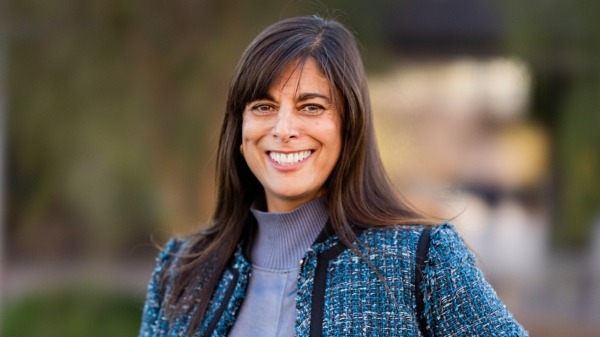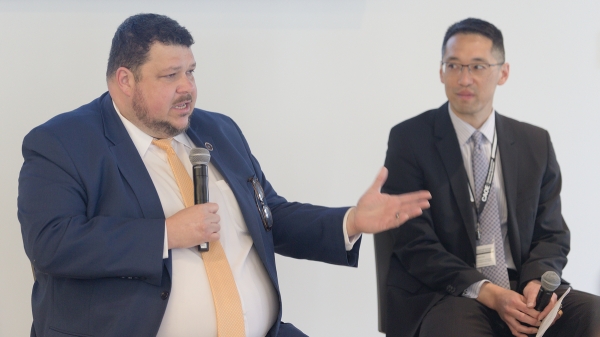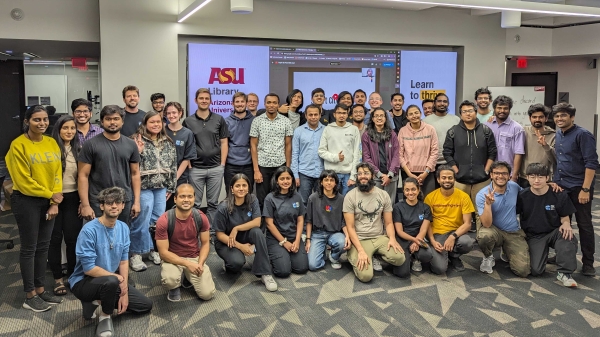Expanding obesity prevention to young children in the West Valley
Can early prevention in young children be more effective than intervention later?

Cady Berkel, associate research professor in the ASU Department of Psychology and co-developer of the Family Check-Up 4 Health program has decided to find out if early obesity prevention in young children and toddlers can be more effective than intervention in older children. Photo by Hisu lee on Unsplash
In the United States, obesity rates among children ages 2 to 19 years old have skyrocketed from 10% in 1999 to over 18.5% in 2016. This has also coincided with an increase in obesity prevalence in adults ages 20 and older from 30.5% to 39.6% in the same time period.
Obesity-related conditions include heart disease, stroke, Type 2 diabetes and certain types of cancer — some of the leading causes of preventable, premature death. Obesity is also associated with increased rates of depression and mental illness and is a leading cause of disordered eating and anxiety among teens. Children who are ethnic minorities and who come from low-income families are the most likely to be obese.
Cady Berkel, associate research professor in Arizona State University's Department of Psychology and co-developer of the Family Check-Up 4 Health (FCU4Health) program has decided to find out if early prevention in young children and toddlers can be more effective than intervention in older children.
Related: Can parenting skills prevent childhood obesity?
The FCU4Health program is already being tested with kids who are between 6 and 12 years old and have an elevated BMI, but they are now conducting a new study to include children earlier in childhood (ages 2-5) before behavioral patterns of eating and activity have been established.
“Once kids get to a certain point, their behaviors become set,” Berkel said. “If you can establish those early health behaviors, it is a lot easier than trying to undo what has already been done.”
Berkel and the FCU4Health team partnered with the city of Avondale to launch an expansion of the FCU4Health program in a study called, “Healthy Communities 4 Healthy Students.” This new initiative is being supported by the U.S. Department of Agriculture and First Things First, Arizona’s main resource for early childhood programs. Bayless Integrated Healthcare, Care1st Avondale Resource Center and Avondale School District are also partners on the project.
The program is provided for free for families. It begins with an interview and feedback sessions where families learn about the results of their interviews and set goals for next steps. This could be strategies for monitoring children’s health behaviors — like their diet, physical inactivity, screen time or sleep. It could also be helping families get connected with other resources they need, like enrolling in WIC or job training for parents.
If you or someone you know would like more information about this study, please fill out this form and the team will get in touch with you.
More Science and technology

ASU planetary scientist to be inducted into the National Academy of Sciences
The National Academy of Sciences is inducting School of Earth and Space Exploration Director Meenakshi Wadhwa into the 2023 class…

Unlocking the potential of AI for homeland security
“Can we do what we're doing now cheaper, more efficiently, more effectively?” Adam Cox, director in the Office of Strategy and…

SpaceHACK highlights student solutions to environmental challenges, digital divide
By Adrianna Nine About 250 students from around the world convened online and at Arizona State University on March 22 for the…